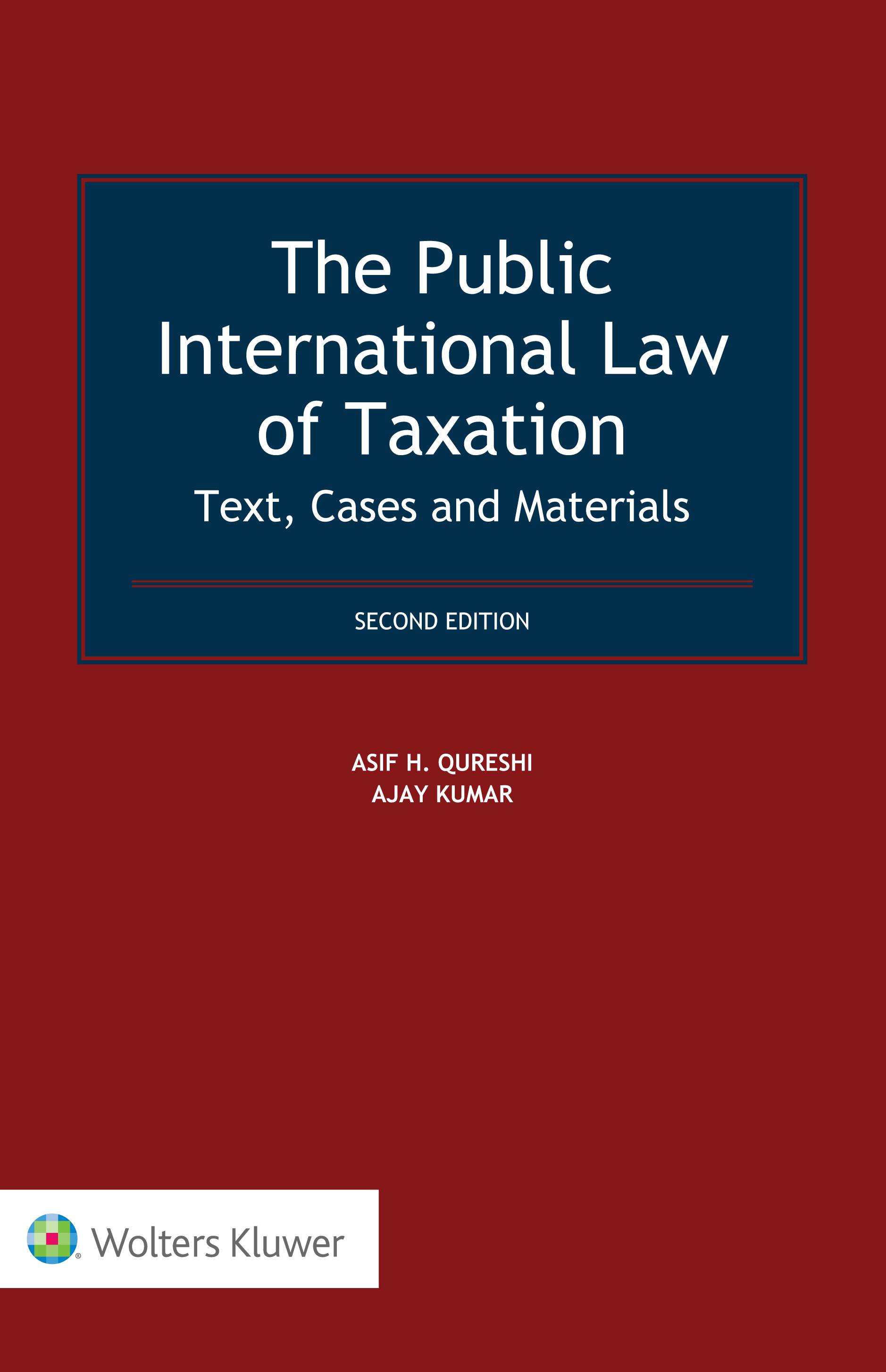- 中图分类号: D91
- 语种: ENG
- 出版信息: Kluwer Law International 2019 662页
- EISBN: 9789041184788
- PISBN-P: 9789041184764
- 原文访问地址:
KG评星
知识图谱评星,是一种基于用户使用的评价体系,综合图书的评论数量、引文数量、Amazon评分以及图谱网络中节点的PageRank值(即考虑相邻节点数量和重要性)等多种因素计算而得出的评价数值。星级越高,推荐值越高。CAT核心级
核心学术资源(CAR)项目作为教图公司推出的一项知识型服务,旨在打造一套科学、有效的图书评价体系,并协助用户制定相应的馆藏建设方案。CAR项目调查和分析12所世界一流大学的藏书数据,以收藏学校的数量确定书目的核心级,核心级越高,代表书目的馆藏价值越高。选取核心级在三级以上,即三校以上共藏的图书作为核心书目(CAT)。The phenomenal internationalization of taxation occurring in recent years has called for a second edition of this classic handbook. Even though a quarter of a century has passed, the farsighted first edition has remained in constant use worldwide and has even grown in importance. Now it has been thoroughly updated by the author, who has brought his piercing insight to bear on the current world of international tax law while retaining the book’s practical format, structure of primary materials, and detailed commentary. Emphasizing the need for an international consciousness in relation to issues of taxation, Professor Qureshi focuses extensively on the problems associated with fiscal jurisdiction, international constraints in domestic taxation, double taxation, and tax evasion and avoidance. In particular the following are covered: treaty law with specific reference to taxation; fiscal aspects of international monetary, investment, and trade law; enforcement of international tax claims; exchange of information; assistance in recovery of tax claims; mechanisms for the resolution of international tax disputes; base erosion and profit shifting in the framework of public international law; and contribution of international institutions to fiscal capacity development. Assimilating in one source the basic materials in public international law germane to taxation – including cases, texts of international agreements, discourse in secondary sources, and incisive commentary, all updated to the present – this new edition of the most authoritative and important book in its field will be of immeasurable value to tax practitioners worldwide, national taxation authorities, international institutions, and the international tax community more generally.







 京公网安备 11010602104826号
京公网安备 11010602104826号
